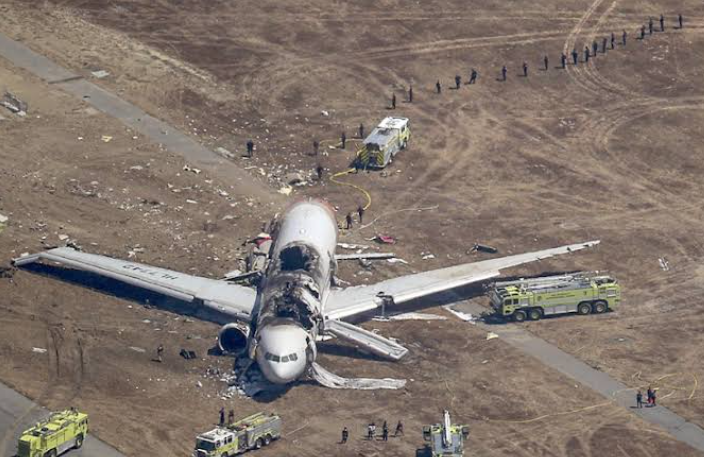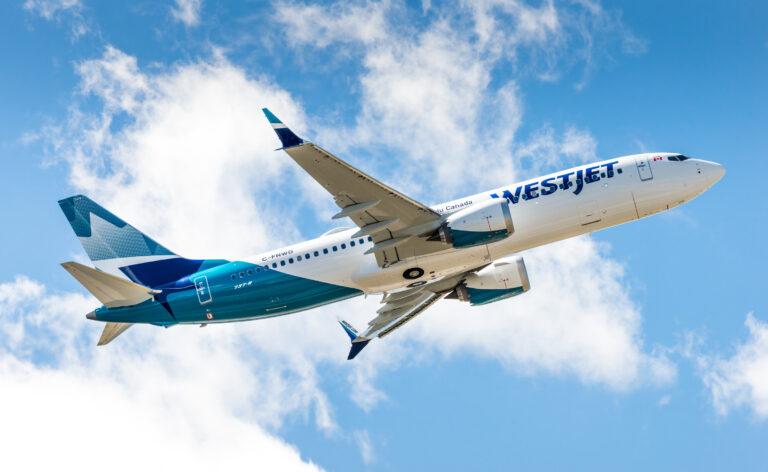United Airlines flight with over 180 passengers onboard makes emergency landing
Date: June 2025
A United Airlines flight en route from Miami to Chicago made an emergency landing after experiencing engine trouble mid-flight, prompting swift response from the flight crew and emergency personnel on the ground. The Boeing 737 aircraft, carrying 183 passengers and six crew members, landed safely at Atlanta’s Hartsfield-Jackson International Airport on the evening of June 10.
According to United Airlines, the pilots declared an emergency around 6:35 p.m. Eastern Time, approximately 45 minutes into the flight, after noticing irregular engine performance and a sudden loss of oil pressure on the right-side engine. Passengers reported hearing a “loud bang” followed by vibrations and a burning smell.
“It was like a sudden jolt, and then the plane felt like it was shaking,” said passenger Jordan McCarthy, who was seated near the wing. “We were all nervous, but the crew stayed calm, and that helped a lot.”
The flight crew immediately followed emergency protocols, including shutting down the affected engine and descending to a safer altitude. The captain informed passengers of the situation, stating that they would be diverting to Atlanta as a precaution. The aircraft remained stable, and no loss of cabin pressure occurred.
Air traffic controllers cleared the plane for an expedited landing. Emergency response teams at Hartsfield-Jackson were placed on alert and were waiting as the plane landed on Runway 9L without incident at 7:12 p.m.
Fire trucks and paramedics approached the aircraft on the tarmac, but no injuries were reported among passengers or crew. All passengers disembarked safely and were taken to the terminal. United Airlines provided food vouchers and overnight accommodations for those who missed connecting flights, and a replacement aircraft was dispatched the following morning.
A United spokesperson confirmed that the plane would remain grounded for inspection and repairs. “Our pilots followed standard emergency procedures and made the right call to ensure everyone’s safety. We’re grateful for their professionalism and for the support from the ground crews in Atlanta,” the spokesperson said.
The Federal Aviation Administration (FAA) has launched an investigation into the incident, with preliminary assessments suggesting a mechanical fault in the engine’s oil pump or a potential turbine issue. Maintenance logs and black box data are being reviewed to identify the exact cause.
This incident comes amid a broader industry conversation around engine reliability and inspection intervals. Just last month, the FAA issued a directive for enhanced inspections on specific models of CFM56 engines, one of the most commonly used types on Boeing 737 aircraft.
Aviation safety expert Capt. Eric Langley said the outcome of this flight shows how redundant systems and trained crews can avert disaster. “Losing an engine in flight is serious, but not necessarily catastrophic. The design of modern jets allows them to fly safely on a single engine, and today’s crews are trained regularly for these exact scenarios.”
Passengers on board expressed gratitude, but some also noted lingering anxiety. “I’m glad we’re okay, but it definitely makes you think twice about flying,” said Marissa Yu, who was traveling with her two children. “I’ll fly again, but I’ll remember that night.”
This is the third reported engine-related emergency landing involving a U.S.-based airline in the past six months, though none have resulted in fatalities or serious injuries. According to the National Transportation Safety Board (NTSB), commercial aviation in the U.S. remains among the safest modes of travel, with less than one engine failure per million flight hours.






